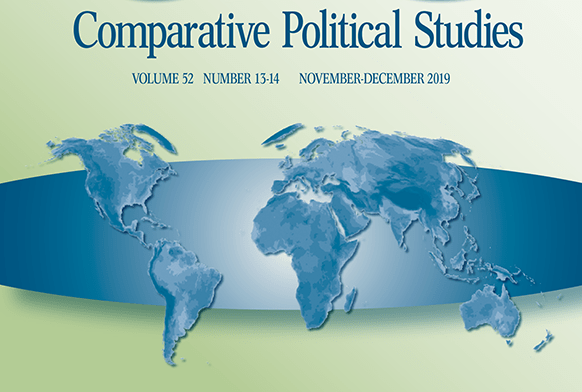(Comparative Political Studies) (Co-authored by Joshua Tucker) Abstract: Communist regimes were avowedly leftist authoritarian regimes, a relative rarity among autocracies. The growing literature on regime legacies would lead us to expect that postcommunist citizens would be more likely to exhibit “left-authoritarian” attitudes than their counterparts elsewhere. Finding that this is the case, we rely on 157 surveys from 88 countries to test if a living through Communism legacy model can account for this surplus of left-authoritarian attitudes. Employing both aggregate and micro-level analyses, we find strong support for the predictions of this model. Moving beyond previous legacy studies, we then test a variety of hypothesized mechanisms to explain how exposure to communist rule could have led to the regime congruent left-authoritarian attitudes. Of the mechanisms tested, greater state penetration of society is associated with a strong socialization effect and religious attendance—and in particular attending Catholic religious services—is associated with weaker socialization effects.
Read More © Comparative Political Studies
Comparative Political Studies
Comparative Political Studies











